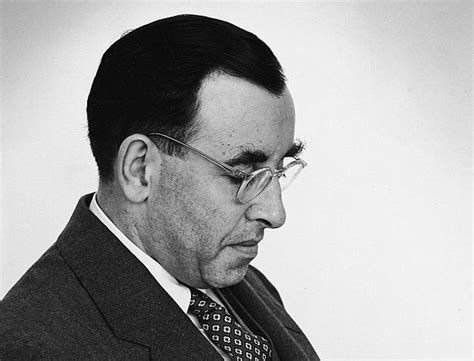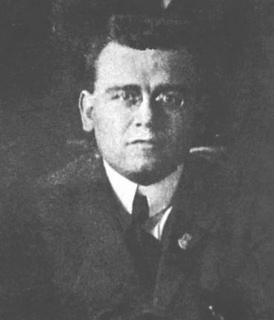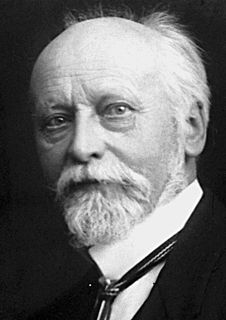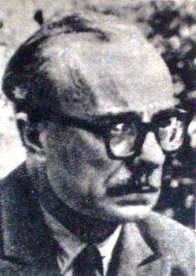A Quote by David Riesman
The situation of the factory worker today is reminiscent in certain respects of that of the nineteenth-century capitalist whose wife dragged him reluctantly toward "culture" and away from his "materialistic" preoccupations.
Related Quotes
The degeneration of the revolution in Russia does not pass from the revolution for communism to the revolution for a developed kind of capitalism, but to a pure capitalist revolution. It runs in parallel with world-wide capitalist domination which, by successive steps, eliminates old feudal and Asiatic forms in various zones. While the historical situation in the seventeenth, eighteenth and nineteenth centuries caused the capitalist revolution to take liberal forms, in the twentieth century it must have totalitarian and bureaucratic ones.
Given that the nineteenth century was the century of Socialism, of Liberalism, and of Democracy, it does not necessarily follow that the twentieth century must also be a century of Socialism, Liberalism and Democracy: political doctrines pass, but humanity remains, and it may rather be expected that this will be a century of authority ... a century of Fascism. For if the nineteenth century was a century of individualism it may be expected that this will be the century of collectivism and hence the century of the State.
Most of what I read is for reviewing purposes or related to something I want to write about. It's slightly utilitarian. I definitely miss that sense of being a disinterested reader who's reading purely for the pleasure of imagining his way into emotional situations and vividly realized scenes in nineteenth-century France or late nineteenth-century Russia.
There is nothing a worker resents more than to see some man taking his job. A factory can be closed down, its chimneys smokeless, waiting for the worker to come back to his job, and all will be peaceful. But the moment workers are imported, and the striker sees his own place usurped, there is bound to be trouble.
Inflation is not a Robin Hood, taking from the rich to give to the poor. Rather, it deals most cruelly with those who can least protect themselves. It strikes hardest those millions of our citizens whose incomes do not quickly rise with the cost of living. When prices soar, the pensioner and the widow see their security undermined, the man of thrift sees his savings melt away; the white collar worker, the minister, and the teacher see their standards of living dragged down.
As popular culture becomes more presentist, we move away from entertainment as the vicarious experience of a narrative - as watching someone else's story - and much more toward enacting one's own story. Moving away from myths and toward fantasy role-playing games, away from movies and toward videogames.
One of the most intensely unlikeable figures of the twentieth century, fanatical anti-Semite, enemy of labour unions and proud recipient of medals from Nazi Germany, where Hitler held him in veneration, Henry Ford was also an employer who paid his workers more than his competitors, an innovator who pioneered the assembly line and a visionary whose part in the creation of the twentieth century was so great that Aldous Huxley, in his Brave New World, prefigured a society whose calendar was divided into BF and AF-Before Ford and After Ford.
Just as the office worker dreams of murdering his hated boss and so is saved from really murdering him, so it is with the author; with his great dreams he helps his readers to survive, to avoid their worst intentions. And society, without realizing it respects and even exalts him, albeit with a kind of jealousy, fear and even repulsion, since few people want to discover the horrors that lurk in the depths of their souls. This is the highest mission of great literature, and there is no other.






































